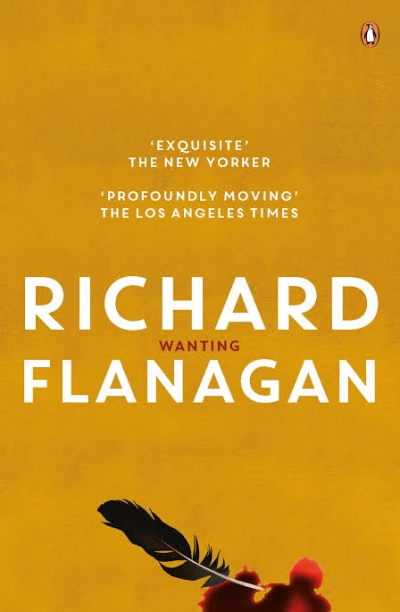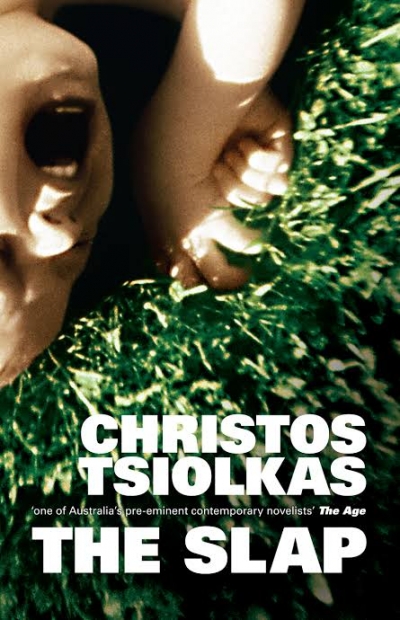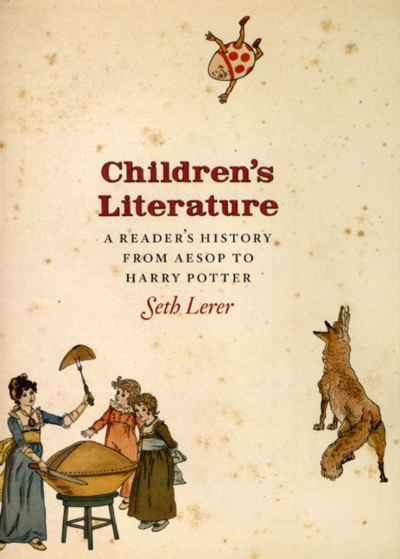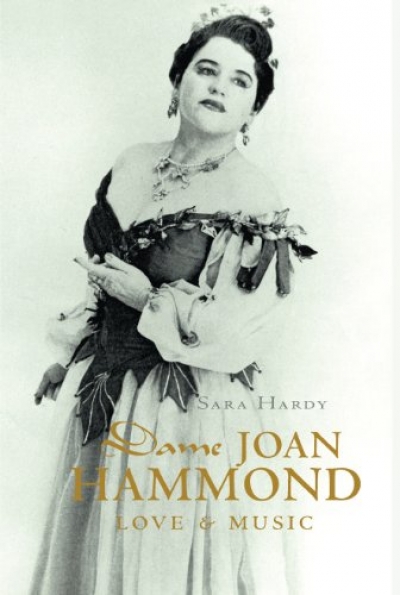Archive
Vale Jacob Rosenberg (1922 – 2008)
The presence of octogenarians and even nonagenarians on publishers’ lists is one phenomenon of the age. Sybille Bedford gave us her exotic memoir, Quicksands (2005), in her ninety-fourth year. P.D. James, aged eighty-eight, has just published another novel, The Private Patient.
The Melbourne writer Jacob Rosenberg, who died on October 30, was not quite that old, but in some ways he seemed as old as the accursed century that he wrote about so memorably. Rosenberg was born in Poland in 1922. During World War II he was confined in the Lodz Ghetto, then transported to Auschwitz. In 1948 he emigrated to Australia with his wife, Esther.
... (read more)The Independence of Miss Mary Bennet by Colleen McCullough
Just before I flew to Australia to deliver this year’s HRC Seymour Lecture in Biography, I heard an ABC broadcast on the BBC World Service. The Australian commentator was talking about the centenary of the birth of Donald Bradman, the ‘great Don’ with his famous Test batting average of 99.94 runs. He said that Bradman was a peculiarly Australian role model because he was a sporting hero and because he knocked the hell out of the British bowling. Slightly carried away by the moment, he added: ‘We still need those founding fathers – we’ve had no George Washington, no Abraham Lincoln ... Don Bradman fills a biographical gap.’
... (read more)Children’s Literature: A reader’s history, from Aesop to Harry Potter by Seth Lerer
It has been an extraordinary political war. Conventional wisdoms and long-standing assumptions have flown out the window. The final choice is remarkable: a young, ‘cool’ and detached African American who abjures commitment versus a decided, indeed hot-tempered, maverick whose entire essence is commitment. Long gone is the ‘inevitable candidate’ whose gender is now represented on the opposition ticket, as a vice-presidential candidate no one came close to predicting.
... (read more)I hesitated before deciding to see Summer of the Seventeenth Doll at La Boite in Brisbane this year. Revivals, even under ideal circumstances, can be chancy. The author, Ray Lawler, had reservations about the presentation of his signature work in the round, and so did I. More than fifty years had passed since he wrote it and since I saw it performed behind a conventional proscenium arch in Brisbane, with Lawler himself playing Barney. A story about manual cane-cutters would seem to my children as remote in time and place as one about stokers on a steamboat would have to me, when I first saw the play. Then, there were few, if any, mechanical cane harvesters. There was still plenty of work for rural, manual workers. These were hard, strong men who bankrolled themselves in the season in order to take their leisure afterwards in the big smoke: not just cane-cutters but also shearers, drovers, fencers, fruit pickers and contract miners in Mount Isa and Kalgoorlie and Broken Hill and other distant places.
... (read more)






